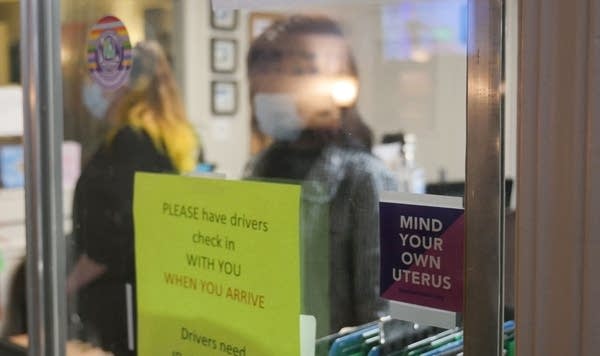Abortion restrictions in Texas could lead to a shortage of OB-GYNs, survey suggests
The U.S. Department of Health and Human Services predicts a nationwide shortage of OB-GYNs by 2030.

Federal authorities are expecting a national shortage of thousands of OB-GYNs by 2030, and there is new evidence that a ban on most abortions in Texas, the nation’s second-most populous state, is putting more pressure on this workforce.
A recent survey by consulting firm Manatt found that 13% of Texas OB-GYNs say they plan to retire early and 21% are planning to leave the state – or have considered leaving – due to the state’s laws on women’s health and reproduction.
Houston-based OBGYN Dr. Todd Ivey said he’s seen colleagues leave the state or retire under Texas’ abortion restrictions. “As time has gone on, what we have found is that we’re seeing medical students and don’t necessarily want to stay in Texas,” he said.
Ivey also said the abortion ban is making the state less competitive in the women’s health care field.
“We know that the overall number of applicants is going down,” he said. “So the quality of the applicants may decrease, and then over time, we think that the number of applicants will fall to such a level that maybe the programs will not fill any longer.”
Dr. Elena Andreyeva, assistant professor at Texas A&M University, said if fewer physicians stay in Texas, “there will be at some point a shortage of providers, which we already have a shortage of providers, especially this could be negatively affecting the rural areas.”
Any potential shortage could deal a big blow to reproductive health care in Texas, as large swaths of the state don’t have any OB-GYNs.










